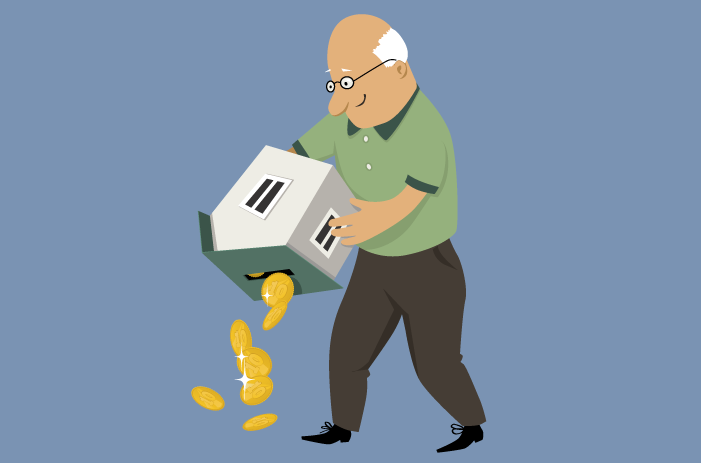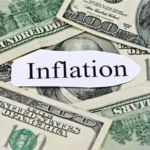
The recent increase in articles discussing a potential real estate bubble has many people worried if history is about to repeat itself. Despite the various opinions on whether the real estate market will sustain its value, the only guaranteed way to realize the wealth in one’s home is to sell it at its current valuation. A significant portion of the aging population now have more wealth in their homes than in any other investments, leading to growing concerns about outliving retirement savings. A solution to this issue might be a large injection into their portfolio, which could come from the sale of a highly appreciated asset like a primary residence through a “Planned Trade Down.” This involves selling the current home and purchasing a smaller property, thus repositioning the profits into interest-bearing investments.
This decision makes logical sense as the average home in the US appreciated 11.17% last year and the cost of operating a home is increasing at a pace that exceeds investment returns. Moreover, current tax laws favor homeowners with a tax-free exemption on gains from a home owned for 2 of the last 5 years. On the emotional side, many people are attached to their homes due to fond memories, but a planned sale now could secure long-term financial stability and alleviate the possibility of having to sell under less favorable circumstances in the future.
Another option for the couple in the example above could be to keep their home and take out a reverse mortgage. A reverse mortgage is a type of loan that allows homeowners to access the equity in their home without having to sell or move out. Instead of making monthly mortgage payments, the loan is repaid when the homeowner dies, sells the home, or moves out.
The benefit of taking out a reverse mortgage for this couple would be that they would have access to cash from the equity in their home without having to sell the property. This could provide them with additional funds to use for retirement expenses or to supplement their retirement savings. Additionally, they would still have the comfort of living in their own home, surrounded by their fond memories and familiar surroundings.
However, it’s important to keep in mind that reverse mortgages have fees and interest rates that can be higher than traditional mortgages, and these costs can add up over time. Additionally, taking out a reverse mortgage can reduce the amount of equity that the couple has in their home, which could impact their heirs’ inheritance. It’s important to carefully weigh the benefits and drawbacks of a reverse mortgage before deciding, and to seek the advice of a financial professional if necessary.
Have Questions, Reach out to me for more information.
Call me at (858) 526-3037
Carl Spiteri Branch Manager – Mortgage Advisor
NMLS id 286890
(858) 526-3037
Benchmark Mortgage
Ark-La-Tex Financial Services, LLC NMLS id 2143
#retirement #retirementplanning #financialfreedom #investment #financialplanning #insurance #money #investing #lifeinsurance #finance #family #seniorliving #realestate #wealth #savings #seniorcare #financialadvisor #personalfinance #financialliteracy #health #business #retirementgoals #invest #entrepreneur #assistedliving #financialindependence #k #love #seniors #retirementcommunity





